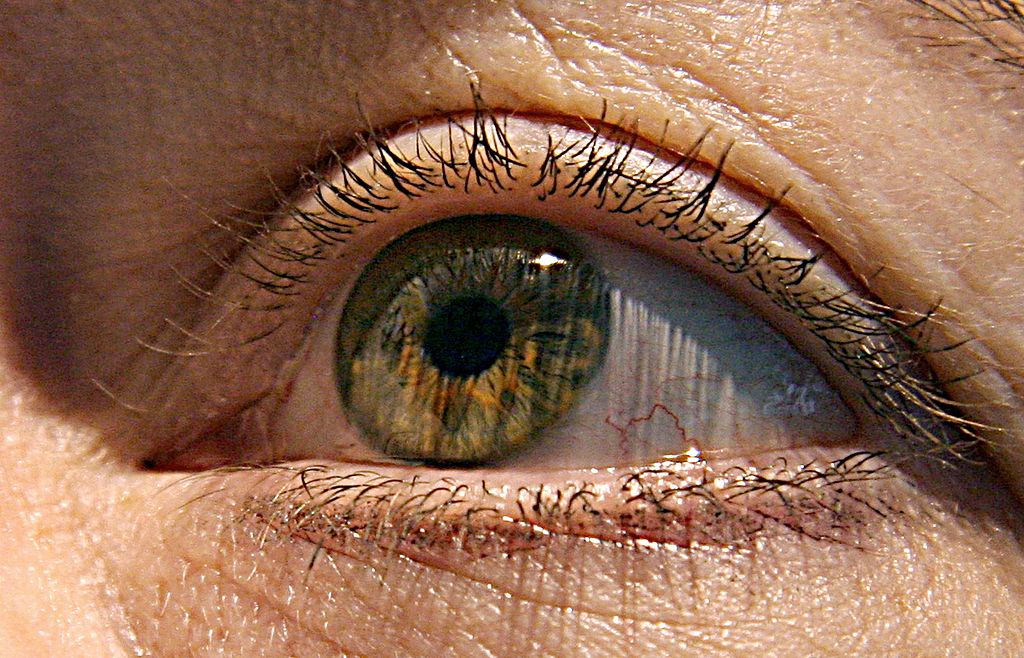
Eyenuk raises $26M for diabetic retinopathy screening tech – MedCity News

Eyenuk, a Los Angeles company that makes technology for eye screenings, raised $26 million on Monday in a Series A funding round. The round, led by AXA IM Alts, brings Eyenuk’s total funding to more than $43 million.
The company was founded in 2010 with a “mission to screen every eye in the world” by leveraging its AI-powered disease detection technologies, according to Kaushal Solanki, CEO and founder. He pointed to data from the Centers for Disease Control and Prevention that shows that more than 4.2 million Americans aged 40 years and older are either legally blind or have low vision.
Age-related eye diseases and chronic disease complications like diabetic retinopathy or diabetic macular edema are the leading causes of blindness and low vision.
“Although many of these diseases are treatable if diagnosed early, healthcare systems around the world have not been very effective in diagnosing and managing these blinding diseases,” Solanki said. “The unacceptable level of preventable blindness on a global basis is mainly caused by inadequate access to eyecare specialists — even in developed countries — and patients’ poor awareness of the risks associated with these silently progressing blinding diseases.”
Eyenuk is seeking to address this issue by shifting the paradigm from heavy reliance on specialists to widespread use of autonomous AI screening technologies. The company will use its Series A funds to get its technology in as many primary care offices, integrated delivery networks and diabetes care offices as possible. This will expedite treatment and lead to improvements in health equity and access, disease detection sensitivity and patient compliance for screening, Solanki said.
Eyenuk’s EyeArt system provides screenings for diabetic retinopathy, which occurs when the retina’s blood vessels are damaged as a result of diabetes. The fully automated screenings include retinal imaging, diabetic retinopathy grading on international standards and immediate reporting. Once a patient’s images have been captured and submitted to the system, the results become available in a PDF report in 10 seconds, according to Solanki.
The system is a prescription software device cleared by the FDA to be operated by anyone who has a high-school diploma. But it is not the only autonomous AI device cleared by the FDA for more than mild detection of diabetic retinopathy — Digital Diagnostics’ IDx-DR product was also cleared.
Eyenuk’s system sets itself apart because it is “the most extensively validated AI technology for autonomous detection of diabetic retinopathy,” Solanki claimed. He pointed out that it has been tested in the real world on more than half million patients and nearly two million retinal images. The system’s clinical accuracy has been supported by 13 peer-reviewed publications.
The most recent of these was published a couple weeks ago in Ophthalmology Science. The study concluded that Eyenuk’s system is more accurate than a clinical examination from a general ophthalmologist or a retina specialist.
The EyeArt system is also more broadly adopted worldwide than any other autonomous AI technology for ophthalmology, Solanki claimed. Since its FDA clearance in 2020, the system has been used in more than 200 locations in 18 countries to screen more than 60,000 patients. In the U.S., it is reimbursed by Medicare, Medicaid and commercial health plans.
Eyenuk sells its technology to health plans and a wide range of providers, including hospitals, primary care clinics, diabetes and endocrinology clinics, eyecare practices, community health centers and federally qualified health centers. Some of its customers include Providence, UnityPoint Health, Temple University Health and MaineHealth.
Photo: Karen Bleier/AFP via Getty Images